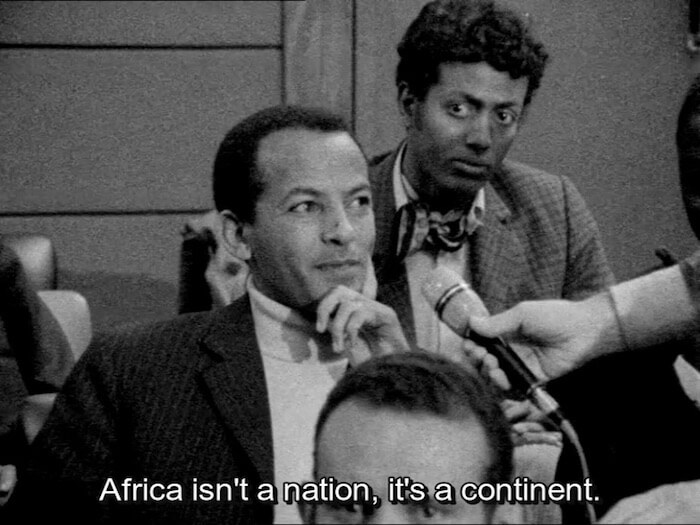The Best Old Movies on a Big Screen This Week: NYC Repertory Cinema Picks, May 25-31

Notes Towards an African Orestes (1970)
Directed by Pier Paolo Pasolini
Shortly after his screen adaptation of Euripides’s Medea, Pasolini had another batch of Greek material on his mind, specifically Aeschylus’s plays about Orestes, stories of vengeance, reason, and shifting politics. Pasolini, however, sought to tell the story in modern Africa, and his research that ensued culminated into the self-described “film notes for a film” that is Notes for an African Orestes. In a kind of what-if film essay, Pasolini traverses Uganda and Tanzania, concisely and vigorously narrating the affinities of these places and people, of the rapidly changing “modernization” of Africa, with the story of Orestes, a story wherein democracy is born. While certainly a visual feast, with interludes of screeching avant-garde jazz performances and archival footage of the brutal Biafran War, it becomes clear that there is discordance between Pasolini’s ideas of Greek justice and a developing continent shaped by European opportunism. While conversing with a group of African intellectuals in Rome, one student speaks of the film, “The idea could probably work but it would be something a little… imaginative. To make a reality of it would be quite difficult.” Considering the film was never made, perhaps Pasolini realized his “idea” of democracy, even as a concept, could not trump borders constructed by colonialists. Samuel T. Adams (May 29, 1:45pm at the Metrograph’s “Old and Improved,” in a new 35mm restoration from the Cineteca di Bologna)
You might also like 



















